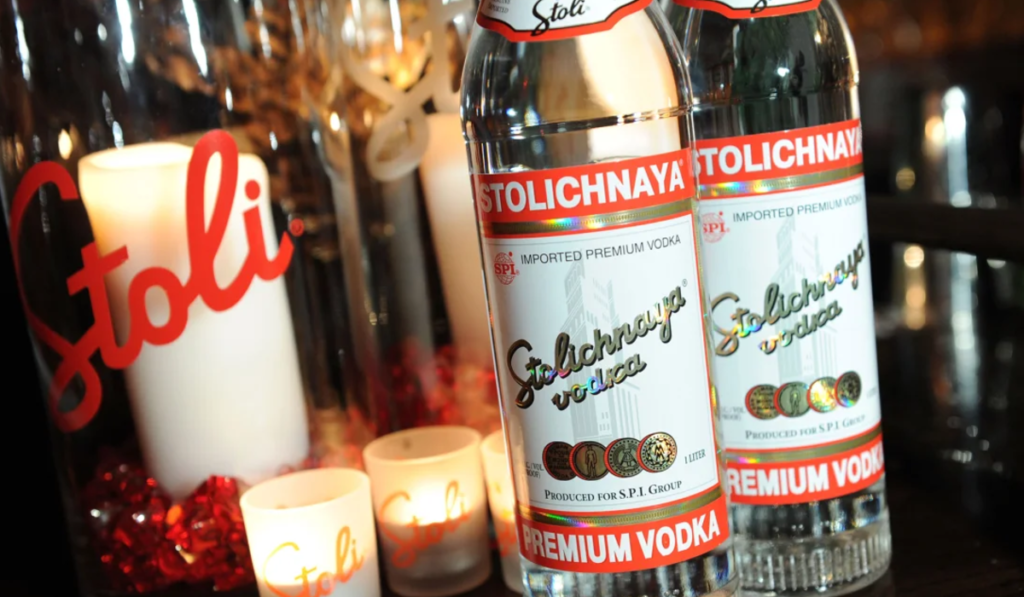Stoli Group USA, the company behind Stoli vodka, has filed for bankruptcy due to declining demand for spirits, a major cyberattack that disrupted its operations, and ongoing legal battles with Russia.
In its bankruptcy filing, the company acknowledged experiencing financial difficulties, with liabilities ranging between $50 million and $100 million. Despite this, Stoli vodka and Kentucky Owl bourbon will remain available while the company goes through the Chapter 11 process, which affects only its U.S. business.
Until 2022, the vodka was sold under the name Stolichnaya in the U.S., which translates to “capital city” in Russian. The company changed the name to Stoli following Russia’s invasion of Ukraine and the resulting boycotts of Russian-branded vodkas. Stoli Group’s founder, Russian-born billionaire Yuri Shefler, was exiled from Russia in 2000 due to his opposition to President Vladimir Putin.
Although Stoli vodka has traditionally been marketed as a Russian brand, its production has actually taken place in Latvia for many years. Stoli Group is a subsidiary of SPI Group, a Luxembourg-based company that also owns other spirits and wine brands.
Stoli Group CEO Chris Caldwell stated that the company has been targeted by the Russian government since its inception nearly 25 years ago. He added that earlier this year, both the company and its owner were labeled by the Russian state as “extremist groups working against Russia’s interests.”
The company’s ongoing legal dispute with the Russian government has led Stoli to spend tens of millions of dollars fighting the case in courts around the world, as outlined in its bankruptcy filing.
Caldwell also mentioned that Stoli’s global operations have been severely impacted by a “malicious cyber attack,” forcing the company to run its operations manually while its systems are being rebuilt.
Additionally, a decline in alcohol demand has significantly hurt many companies’ financials.
Following the pandemic, when people were confined to their homes and stocked up on alcohol, Stoli’s filings indicated that there has been a noticeable drop in demand for alcohol and spirits, particularly starting in 2023 and continuing into 2024.

